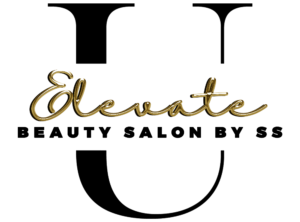Tingle Therapy
Ever Dreamed of Ultimate Relaxation?
Imagine a soft tickle on your back, a subtle caress of your scalp or a feather dancing along your neck. No romantic intentions, just pure relaxation. It sounds wonderful, but unfortunately your partner or loved one is not always in the mood to cooperate.
What if there is a way to arrange this all by yourself?
Tingle Therapy is a response to the pleasure or desire of back tickling or other gentle stroking movements on your body. This experience is often elicited by specific triggers, such as whispering voices, soft sounds or visual stimulation.
The goal? A deep state of relaxation and an escape from everyday stress.
Why is it nice to be tickled?
Tingle therapy, or simply being tickled, is an experience that many people find particularly pleasurable. But what makes this sensation so wonderful?
Here are a few reasons:
- Physical relaxation
Tickling can induce a deep state of relaxation. The gentle touch stimulates the nerve endings, leading to a feeling of calm and well-being. This helps to reduce stress and relieve tension in the body.
- 2. Increased blood circulation
Getting tickled can improve blood circulation. Improved blood flow ensures that oxygen and nutrients are transported to cells more efficiently, which contributes to a healthier feeling.
- Feeling happy
Getting tickled can stimulate the release of endorphins, the so-called “happiness hormones”. This can lead to an increased sense of happiness and well-being, which makes you feel better.
- Connection and intimacy
Getting tickled is often associated with care and affection. It can create a sense of connection between the person doing the tickling and the person being tickled, which strengthens the emotional bond.
- Playfulness and childlike joy
Getting tickled often brings back memories of childhood and playful moments. This can bring back a sense of joy and innocence, which increases the pleasure of being tickled.
- Sensory stimulation
The sensation of being tickled stimulates different senses, which can lead to a heightened awareness of your body and surroundings. This can have a meditative effect and help you to be fully in the moment. Fully in the moment means that your thoughts do not constantly wander to (unpleasant) events from the past or possible situations in the future.
